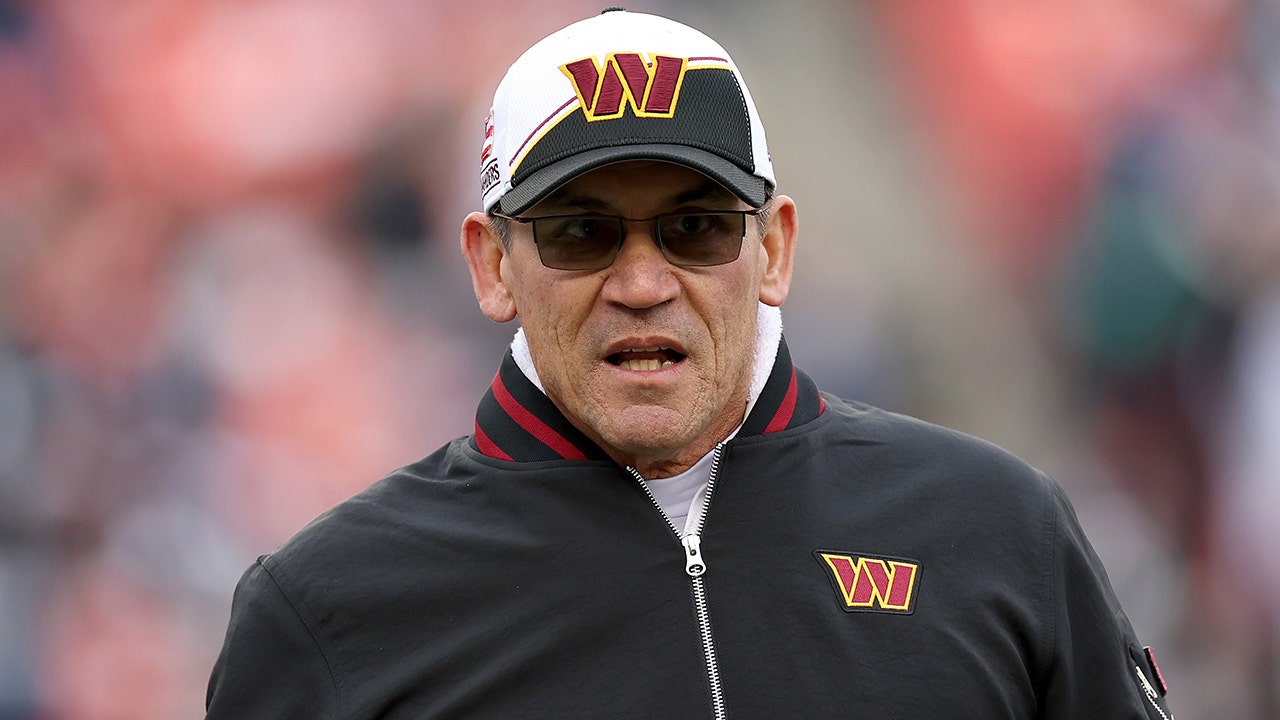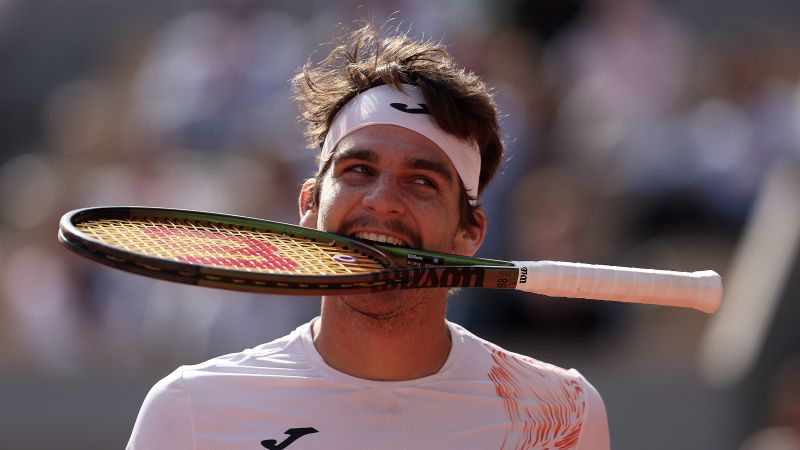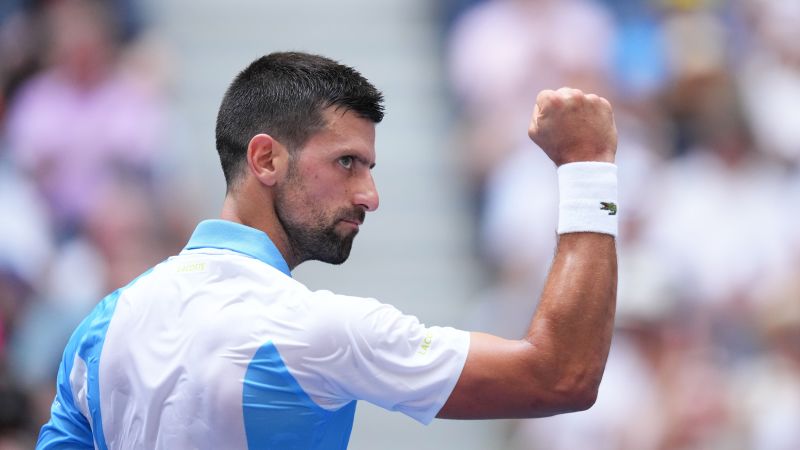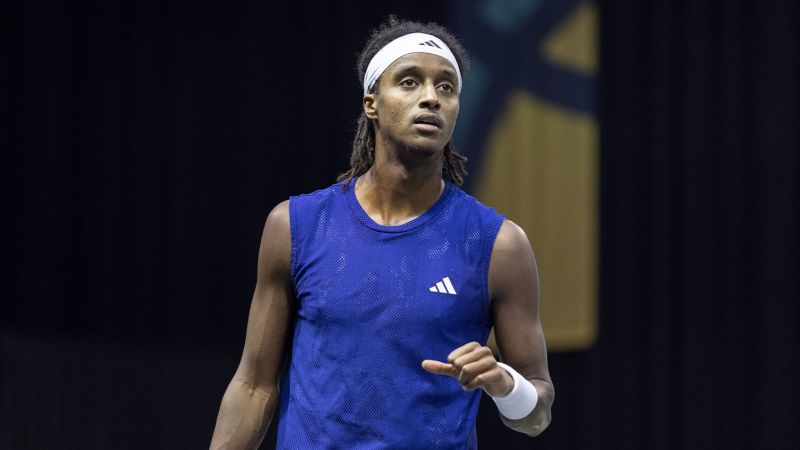Perspective | Here’s something all D.C. fans would like to see built: Winning teams
What will the next five years look like — what will they feel like — for the Wizards and their hockey brethren, the Capitals? Ted Leonsis, the founder of the parent Monumental Sports & Entertainment that owns both teams, wants to move them to Alexandria. If that happens — and it says here that remains a big “if” — it won’t be until 2028 at the earliest. That’s a long time to wander in the wilderness — or, in this case, to scurry through the District’s streets, in danger of passing more vacant storefronts than restaurants filled with loyal and hopeful fans.
The news of Leonsis’s intention to move his top tenants from downtown in the nation’s capital to a strip of land in the suburbs — where he can develop his own $2 billion self-sustaining city that, in theory, would support those teams — still feels jarring. There are a lot of emotions to sort through, and that doesn’t even get to the finances, which are nothing short of staggering. According to reporting by several of my Washington Post colleagues, the new development would receive — make sure you’re sitting down before you read this — $1.35 billion in state and local funds.
That, my colleagues report, is a record total for one of these projects. So the idea that this is a done deal is beyond premature. This is a start, nothing more. There are no rubber stamps on $1.35 billion in public funds. Let the discussion — and the dissection — begin.
The potential move is going to define the Wizards and the Capitals until it happens, and Leonsis’s legacy as a civic-minded sports owner will be determined by whether a new facility brings a region together rather than rips it apart. In the days since the plans were first reported, it certainly feels like the latter. But there’s time.
The arena, though, shouldn’t be a distraction from the competitive state of Leonsis’s teams. Say whatever you want about the increase in crime in the neighborhood around Capital One Arena. The crime is on the court, too, and who wants to go see this disjointed 4-20 outfit?
Yes, the Wizards are at the beginning of a full-on reboot, and plenty of people believe in new president Michael Winger as a builder. There may well be better days ahead.
But the Wizards’ record with Leonis as owner stinks — and not just this season. Since he took over majority ownership in the team before the 2010-11 season, Washington ranks 24th of the 30 NBA franchises in winning percentage. The Wizards have missed the playoffs in eight of 13 seasons and will do so again this season. They have posted a .500 or worse record nine times and will do so again this season. They have never advanced to the Eastern Conference finals, nor have they been even a mild threat to win a title.
So when Leonsis said at Wednesday’s announcement, “That is the higher calling on everything that we do — to build these legacies through winning championships from doing the right things in the right way by our fans,” it’s laughable.
There is no taking away the 2018 Stanley Cup from Leonsis’s Capitals, and that title was earned by a collection of players who had been knocking on the door before finally kicking it down. It was thrilling, and it changed how Washington felt as a sports town. The results since — no playoff series wins and a murky transition ahead from the Alex Ovechkin era to whatever lies beyond — haven’t been encouraging.
So the key to the success of any sports arena isn’t the arena itself but the inhabitants and whether they win or lose. That’s true whether the teams play in the District or in Alexandria or on the moon. Deliver “championships” — plural, as Leonsis said — and your legacy will be secure in some eyes even if Chinatown doesn’t recapture the vibrancy Abe Pollin brought there.
The gap between the announcement of the deal and its potential execution has tentacles that affect not only the teams but the towns and leaders across the region. Already, D.C. Mayor Muriel E. Bowser (D) looks as if her administration was caught napping while Leonsis was negotiating with Virginia. Yes, the District has been in discussions on improvements to Capital One Arena for two years, and yes, Sunday’s offer wasn’t their first. It still seems as though getting to the “best and final” offer of $500 million could have come earlier, heading off a clear and present danger. Publicly, this felt reactive, not proactive.
So there is fallout. Bowser has openly courted the local NFL team, and Monumental’s proposed move comes at a time when the Commanders and their new owners are scouting for a new stadium site. Here are the mayor’s options: Land the football team for the District and be regarded — among some die-hards — as a hero because of it, or fail to land the football team and be the mayor who watched the basketball and hockey teams walk and couldn’t get the football team to come back.
That’s not a great dynamic. There is and will be a debate about what, if any, public money should be contributed to a new Commanders stadium regardless of whether it’s built in the District, Maryland or Virginia. There’s pressure on the mayor, which isn’t a strong starting point. Even the impression that one of the leaders trying to broker a deal is compromised leads to the idea that the primary goal could be to save face, not to do what’s best for constituents.
This feels, at the moment, like a mess. A mess of politics and business, sure, but of emotions and community ties as well. That doesn’t mean it will end up that way. But in the first days since the plans were unveiled, everything is still raw.
It’s important to remember, as we parse the details of the proposal, that this is a beginning, not a conclusion. Through all the twists and turns ahead, it’s also important to remember that the wins and losses people care about aren’t whether Monumental ends up with a practice facility attached to its arena attached to a concert venue attached to bars and restaurants. Rather, it’s what happens on the court and the ice. In the time before a new arena deal gets finalized or falls apart, hold Leonsis accountable for that, too.







